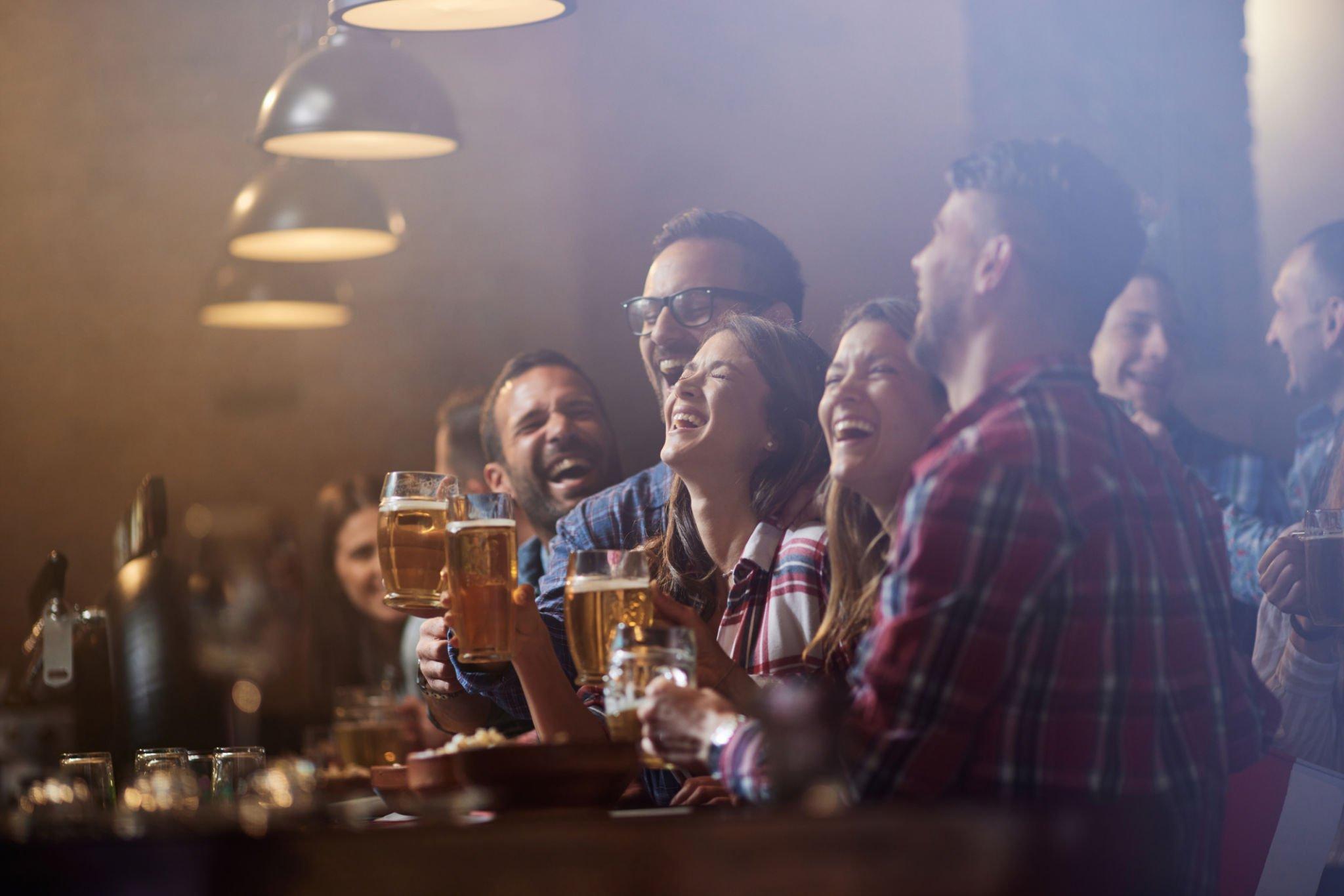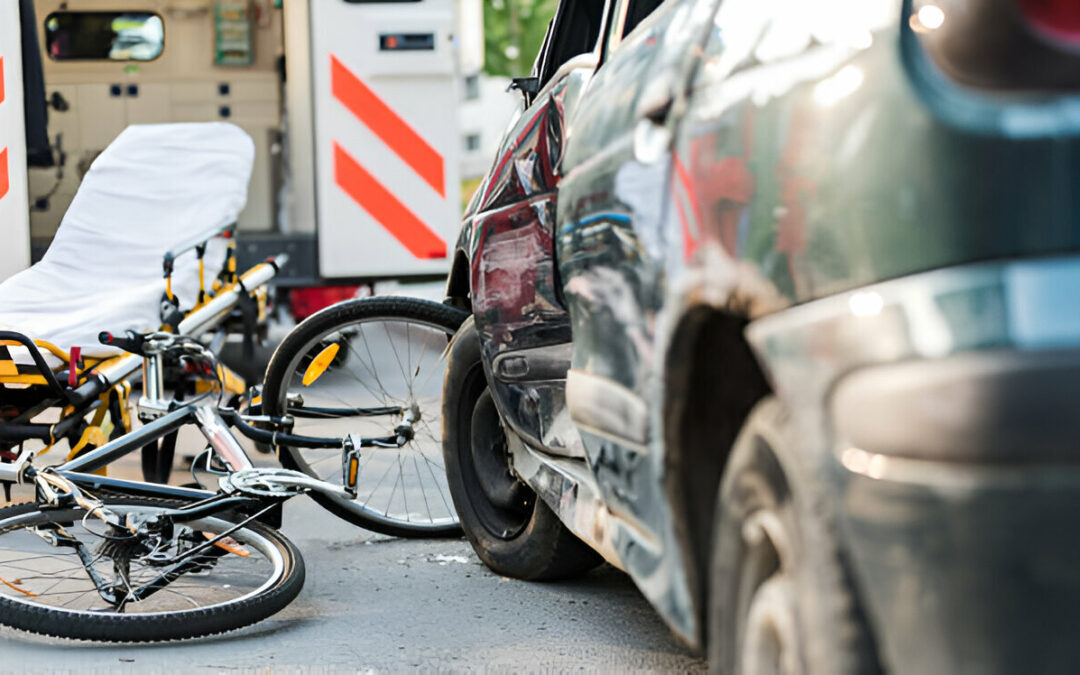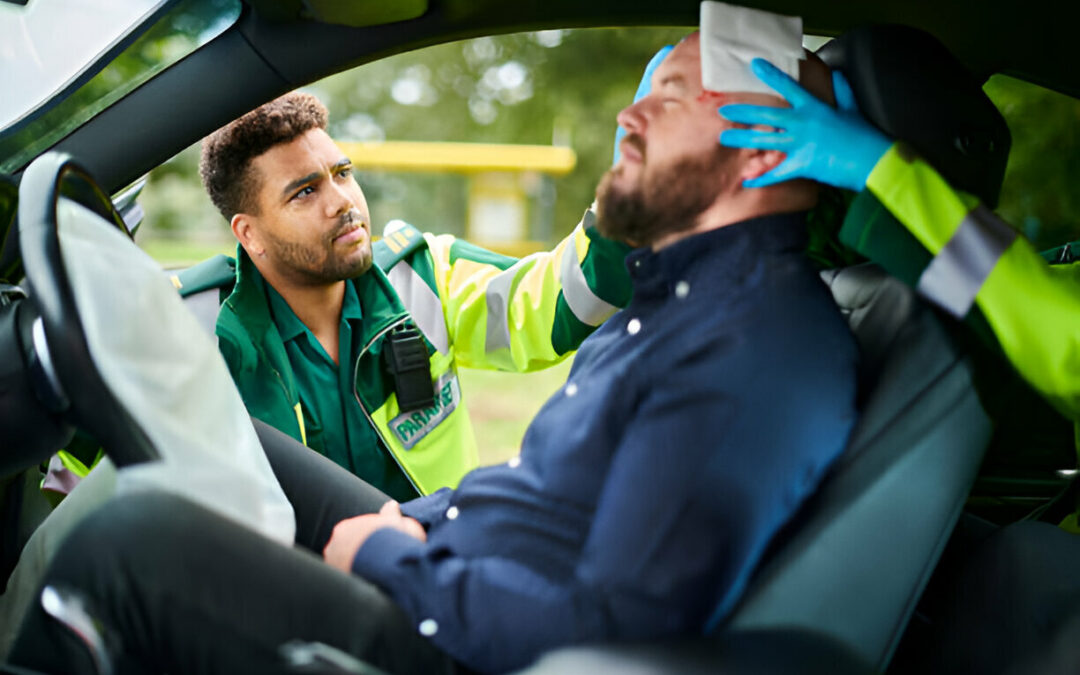When it comes to enjoying a night out, Floridians, like people all over the country, often visit bars, taverns, and other establishments that serve alcohol. But what happens when the line between a good time and a legal liability blurs? This is where the dram shop laws in Florida come into play.
In this blog, we will explore what these laws entail, their limitations, and what it takes to prove a violation.
What are the Dram Shop Laws in Florida?
Before delving into the intricacies of these laws, let’s break down what a “dram shop” actually is. The term “dram shop” is the government’s way of referring to bars, taverns, or any place that sells alcohol—a term derived from the historical practice of measuring alcohol by the dram. While most states have some form of dram shop laws, Florida’s stance is not as stringent.
According to Florida Statute § 768.125, it is explicitly stated, “A person who sells or furnishes alcoholic beverages to a person of lawful drinking age shall not thereby become liable for injury or damage caused by or resulting from the intoxication of such person.” In simpler terms, this means that, in most cases, bars and other establishments cannot be sued for the actions of their patrons.
However, there are exceptions to this rule in Florida, providing a limited legal avenue to pursue a claim against an establishment that serves alcohol to a customer whose intoxication leads to harm or even death.
What are the Limitations of Liability under Florida Dram Shop Laws?
Sale to a Minor
One of the most significant responsibilities for establishments serving alcohol in Florida is ensuring that they do not sell alcoholic beverages to individuals under the age of 21. If, however, they do sell alcohol to a patron who is under this legal drinking age, they open themselves up to potential legal liability. This aspect is particularly stringent because ignorance is not an excuse for the seller. In other words, even if the establishment had no knowledge that the person was a minor at the time of the sale, they can still be held legally accountable.
The consequences of such a violation can be severe, as it can lead to personal injury or wrongful death suits against the establishment. This underscores the importance of rigorous age verification procedures and responsible alcohol service practices within bars and similar venues.
Selling alcohol to someone with a known history of alcohol addiction
Another critical facet of Florida’s dram shop laws revolves around the sale of alcohol to individuals with a known history of alcoholism. If a customer has a documented record of alcoholism, and the establishment is aware of this fact, they may find themselves facing legal liability for any injuries that result from the customer’s intoxication.
It is imperative for businesses serving alcohol to exercise caution and due diligence when serving patrons with a history of alcohol addiction. This requirement places an added layer of responsibility on the establishment to identify potential risks and take appropriate steps to prevent harm. Establishments must consider not only the intoxicated customer’s safety but also the potential harm they may cause to others while under the influence.
What is Involved in Proving a Dram Shop Violation?
Proving a violation can be a complex and challenging task for claimants. Often, underage drinking occurs accidentally, with the dispenser unaware of the patron’s true age. Similarly, habitually addicted individuals may go to great lengths to hide their condition.
To protect their interests, bar owners, nightclub proprietors, casino managers, and the like often employ several defenses against accusations of dram shop liability. Some of these defenses include:
- Fake Identification: Claiming that the minor provided a fake ID, thus misrepresenting their actual age.
- Lack of Evidence: Arguing that there is insufficient evidence to prove that the patron was a known habitual alcoholic.
Contact Pacin Levine, P.A. for Expert Guidance and Justice
Understanding Florida’s dram shop laws is essential for anyone involved in situations where alcohol-related injuries occur. While these laws are not overly strict on establishments, they provide critical safeguards against underage drinking or serving habitually addicted patrons.
If you find yourself in a situation where you believe this law may apply, it is vital to consult with experienced legal professionals who can guide you through the legal process. At Pacin Levine, P.A., we are dedicated to helping victims in the Greater Coral Gables Area, including Miami, Coconut Grove, South Miami, Pinecrest, and beyond. Contact us at (305) 760-9085 or 1-800-24-7-CRASH (2727) to discuss your case and ensure that justice prevails in your situation. Remember, knowing your rights and seeking the right legal assistance can make all the difference.












